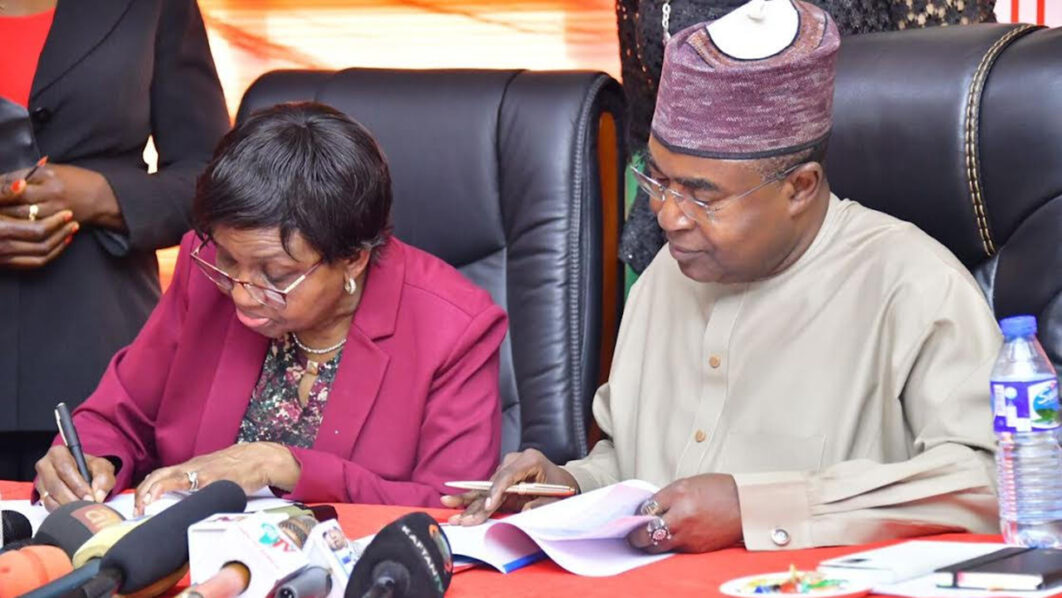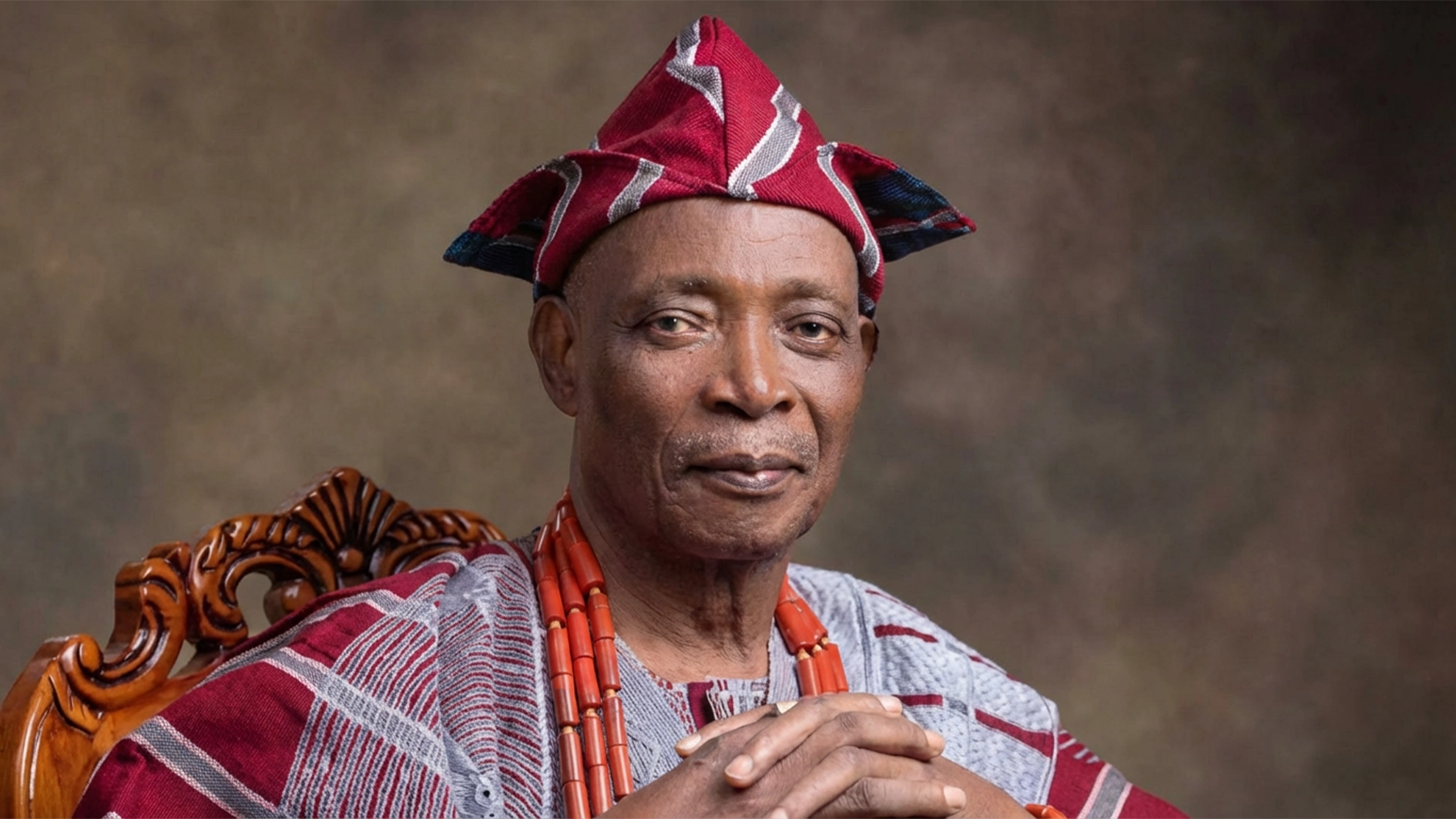
Sign MoU to boost collaboration on illicit drugs, counterfeit products
The National Drug Law Enforcement Agency (NDLEA) and the National Agency for Food and Drug Administration and Control (NAFDAC) have renewed their partnership to curb substance abuse and safeguard public health.
This collaboration was formalised yesterday by signing a Memorandum of Understanding (MoU) at the NDLEA National Headquarters in Abuja. At the event, NDLEA Chairman, Brigadier General Mohamed Marwa (rtd), described the agreement as a “significant turning point in the shared endeavour to improve operational effectiveness, protect public health, and guarantee community safety.”
Marwa emphasised the complementary roles of both agencies, with the NDLEA focusing on combating illicit drug production, trafficking, and abuse, while NAFDAC regulates and ensures the safety of food, drugs, and other consumables.
Marwa highlighted that the MoU would establish a framework to enhance the sharing of intelligence, facilities, and expertise, thereby boosting the ability to tackle the interconnected challenges of drug abuse and counterfeit products.
“We are taking significant steps towards harnessing our collective strengths. This alignment of strategies and resources will better equip us to address the growing menace of drug abuse and ensure that only safe, approved, and genuine products reach consumers,” he stated.
He further urged both agencies to embrace the collaboration enthusiastically, stressing the importance of open communication, knowledge-sharing, and mutual support in their national assignments.
In her remarks, NAFDAC Director-General Mojisola Adeyeye echoed Marwa’s sentiments on the importance of collaboration. She noted that stakeholders could no longer afford to work in isolation on issues related to substance abuse, illicit drug trafficking, and public health.
Adeyeye remarked: “We may not be taking illicit drugs, but we may have relatives or friends affected by it. This is a matter of national security. Illicit drugs directly impact the central nervous system, leading to societal ills such as violence, terrorism, and banditry.”
She added that the partnership marks a cultural shift towards collective problem-solving, urging agencies to focus on working together to address these pressing challenges.






